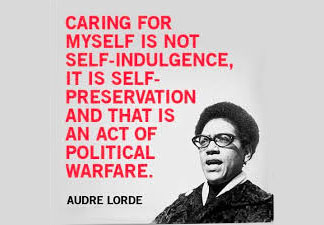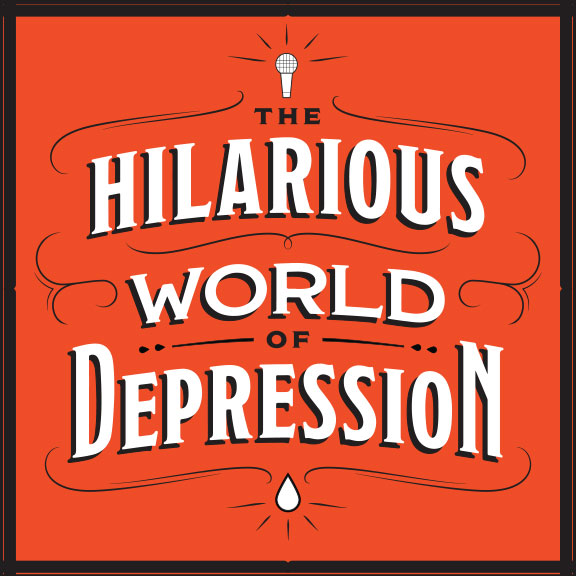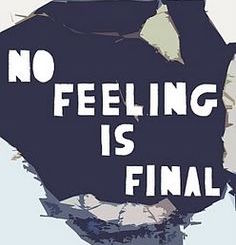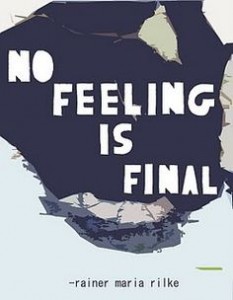The Science of Social Media and FOMO
Next time you want to go on social media, do a simple experiment. Check in with yourself beforehand for a second. How do you feel about your life, your relationships, your job, your home? After hanging out on social media for a bit, check in with yourself again. Do you feel better or worse?
The science implies you’ll likely feel a bit worse. Some colleagues put me onto this episode of the podcast The Hidden Brain. It’s all about social media, FOMO (fear of missing out), and comparison. Listen here:
http://www.stitcher.com/podcast/national-public-radio/hidden-brain/e/ep-68-schadenfacebook-49872935
We all know our social media versions of ourselves leave out lots of aspects our reality (usually the ugly, the messy, the complicated). The science shows there are consequences to this, and to the comparison that inevitably happens when we spend a chunk of time on social media. It may be that I should be asking all my therapy clients about how time they spend on social media. Counseling helps alleviate depression and anxiety, and it may be that one simple step we can all take is to monitor how much time we spend online – and what we notice as a result.





 It’s been especially important to me lately that clients of all political persuasions know that politics is something they can talk about openly in sessions. Some are excited and hopeful as a result of this new presidential administration. Other clients are finding their anxiety aggravated and their depression worsening as a result of recent political actions. More than one has been in a fight with a loved one about ideology or the “right” way to act or react.
It’s been especially important to me lately that clients of all political persuasions know that politics is something they can talk about openly in sessions. Some are excited and hopeful as a result of this new presidential administration. Other clients are finding their anxiety aggravated and their depression worsening as a result of recent political actions. More than one has been in a fight with a loved one about ideology or the “right” way to act or react.







